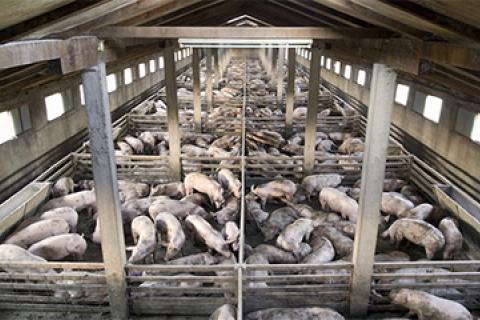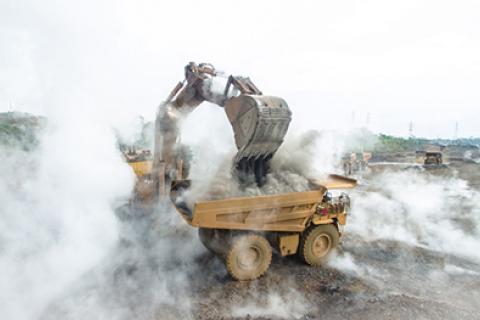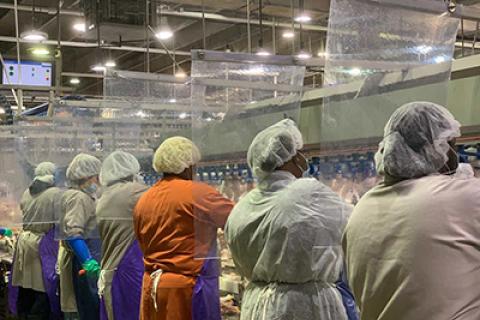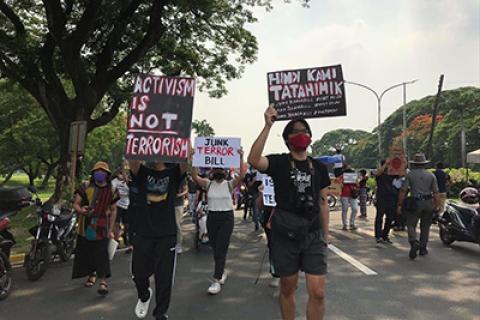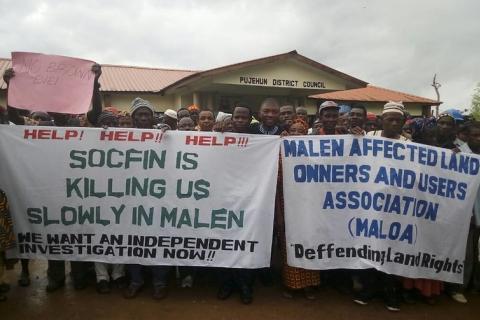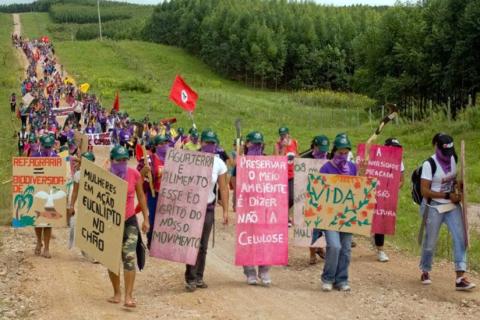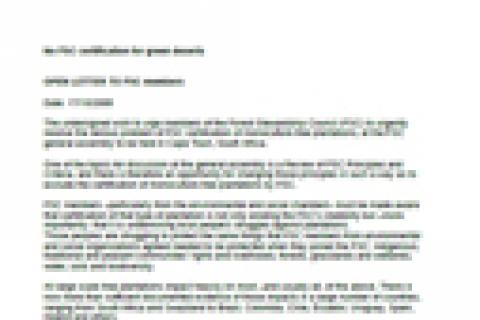Silvia Ribeiro, ETC Group.
Articles
What is the role of the agro-industry, and what actors are behind this enormous chain of production?
Hendro Sangkoyo - School of Democratic Economics, Indonesia.
Ivonne Yánez, Acción Ecológica, Ecuador.
Larry Lohmann, The Corner House, UK
Shalmali Guttal, Focus on the Global South
Civil society organizations have welcomed the finalization of a report of a Technical Committee about a legal dispute between the multinational company Socfin and communities affected by the company’s oil palm plantations in the Malen Chiefdom in Sierra Leone.
Women, particularly those who depend on forests for their livelihoods and sustenance, face many struggles.
AUTHOR: Nicole c
AUTHOR EMAIL: nicolecay@live.ie
AUTHOR URL:
SUBJECT: Kanhar Dam Project
IP: 92.251.255.11
Array
(
[1_Email] => nicolecay@live.ie
[2_Name] => Nicole c
[3_Country] => Ireland
)
